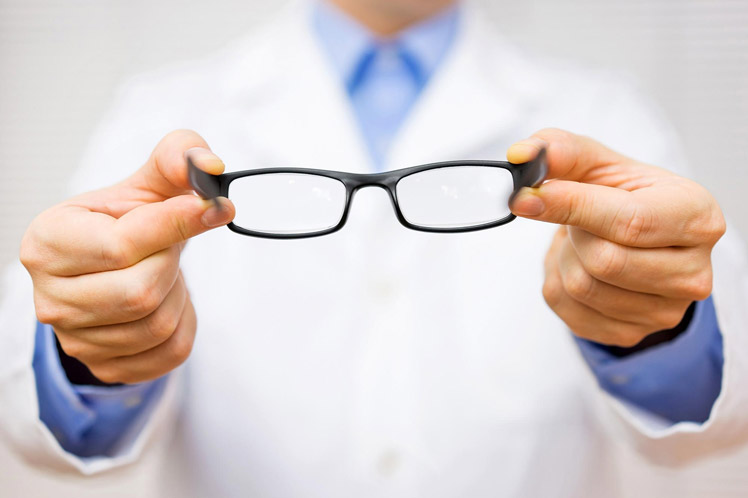An increase in close working and screen time and a decrease in time spent outdoors have been implicated in short-sightedness, a condition in which the shape of the eye changes, causing light rays to bend incorrectly, focusing images in front of, instead of on the surface of, the retina.
Short-sightedness in children matters because it puts them at risk of developing complications that increase the risk of irreversible impaired eyesight/blindness later in life, say the researchers.
Scientists suggest continuing to research, as the first results showed alarming progression of myopia justifying the adoption of adequate corrective measures.
They also called on professionals, politicians and parents to work so that this disease does not become a crisis for public health systems in the world, now battered by the Covid-19 pandemic.
pgh/Pll/oda / joe










